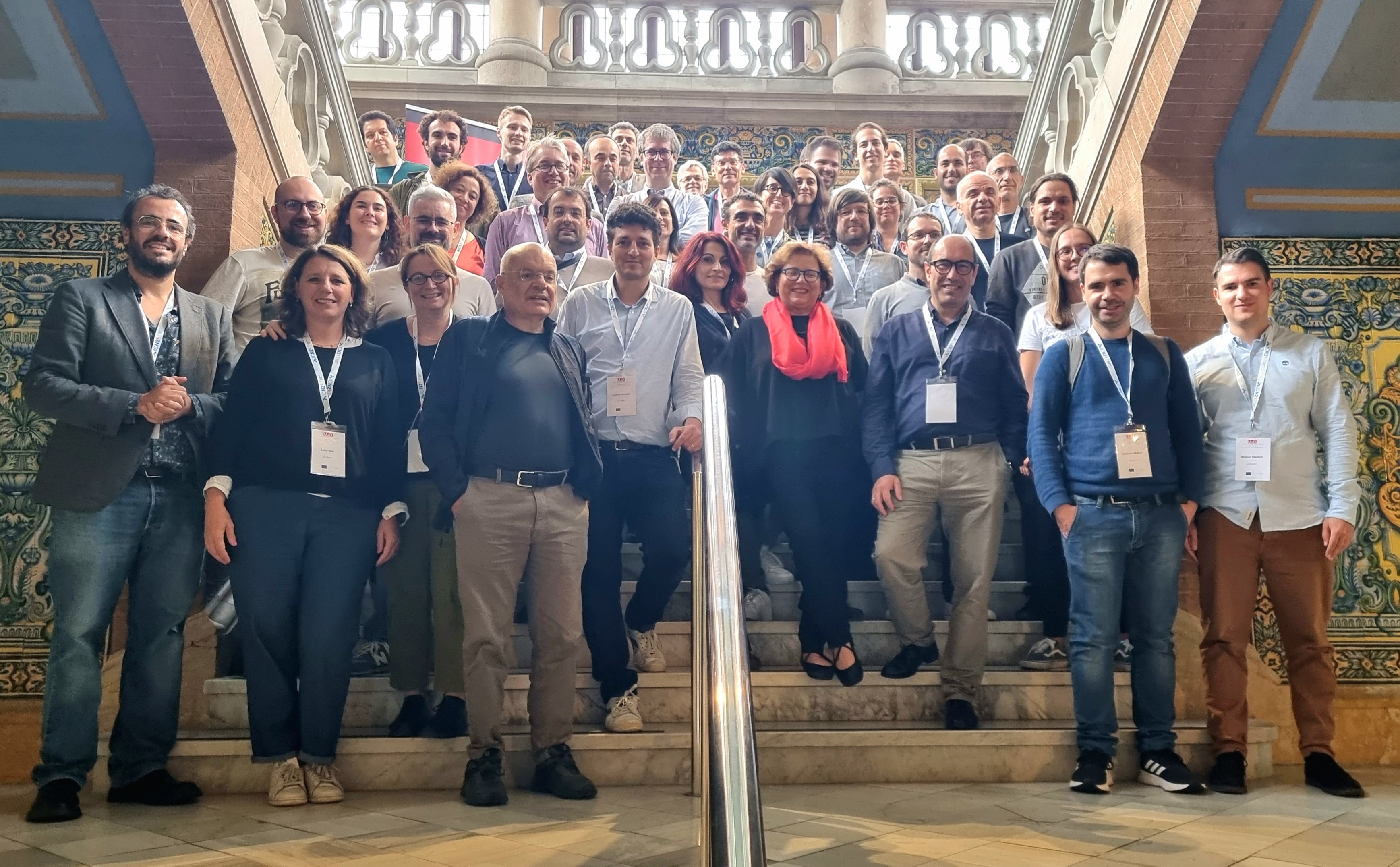Supercomputer JUPITER marks the arrival of exascale in Europe
Forschungszentrum Jülich will be home to Europe’s first exascale computer - called JUPITER. The supercomputer is set to be the first in Europe to surpass the threshold of one trillion calculations per second.

JUPITER, the first EuroHPC exascale supercomputer, will become reality. In fact, a procurement contract has been signed by the European High Performance Computing Joint Undertaking (EuroHPC JU) and a consortium comprising of Eviden and ParTec to build this very powerful computing machine.
JUPITER is set to achieve a significant milestone for European High Performance Computing (HPC) as the first European system capable of one exaflop, or one trillion calculations per second. To put this into perspective, it means that if each person on Earth completed one calculation per second, it would take more than four years to do what JUPITER would do in just one second. This next-generation supercomputer marks a notable advancement in European technology and its unprecedented computing capacity will have a substantial impact on scientific progress across Europe.
JUPITER’s computing power will support the development of high-precision models of complex systems and artificial intelligence (AI) applications in science and industry alike. Applications will include training large language models in AI, simulations for developing functional materials, creating digital twins of the human heart or brain for medical purposes, and high-resolution simulations of climate that encompass the entire Earth system.
Based on a dynamic modular architecture, developed by the Jülich Supercomputing Centre (JSC) together with the EU-funded DEEP projects, JUPITER will be built by Eviden and consist of a highly-scalable Booster Module based on NVIDIA technology and a tightly coupled general-purpose Cluster Module. The general-purpose cluster module will be based on SiPearl’s brand new Rhea processor designed in Europe, a CPU with exceptionally high memory bandwidth, developed in the framework of the European Processor Initiative (EPI). Such optimised utilisation of its various computing modules will make JUPITER specifically tailored to run complex simulations. This architecture will also allow the system to be well prepared for the integration of future technologies, such as quantum computing.
Owned by the EuroHPC JU, this supercomputer will be installed at the Forschungszentrum Jülich campus in Germany and operated by the JSC.
JUPITER is co-funded with an expected total budget of EUR 273 000 000 for the acquisition, delivery, installation and maintenance of JUPITER. The EuroHPC JU will fund 50% of the total cost of the new machine and the other 50% will be funded in equal parts by the German Federal Ministry of Education and Research (BMBF) and the Ministry of Culture and Science of the State of North Rhine-Westphalia (MKW NRW).
Like all EuroHPC supercomputers, JUPITER will be made available to a diverse range of users in the scientific community, industries, and the public sector, located across Europe. The allocation of computing resources will be a collaborative effort between the EuroHPC JU and Germany, based on the respective investments.
The installation of the system will start in early 2024. Starting with the construction of JUPITER, users will be able to prepare for and test the system as part of the JUPITER Early Access Program, enabling a close cooperation of all involved parties to fabricate and configure the best possible version of the system for the scientific community.
Read more on the JUPITER website.



